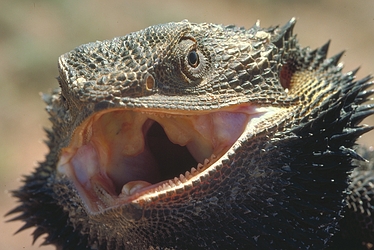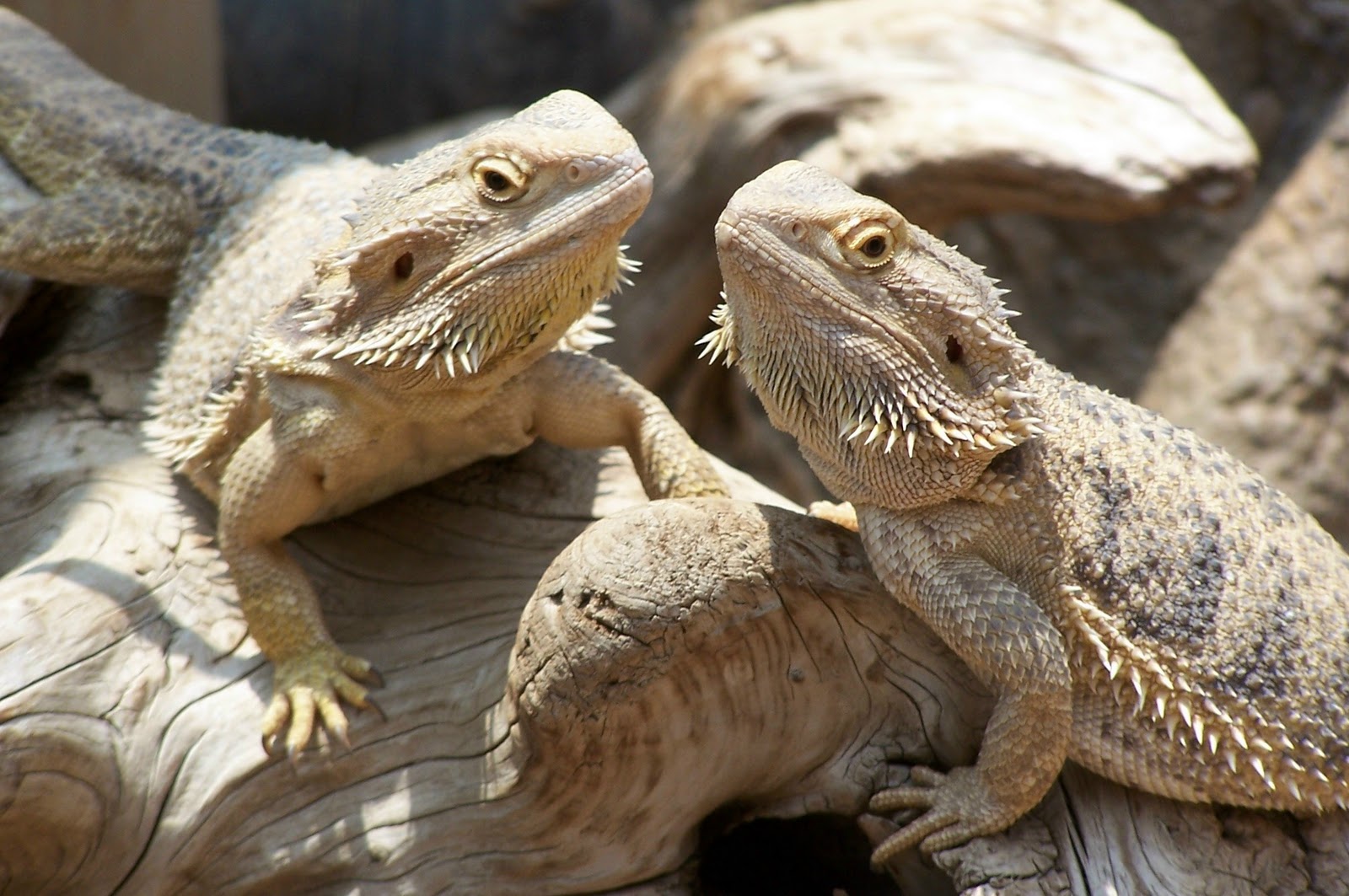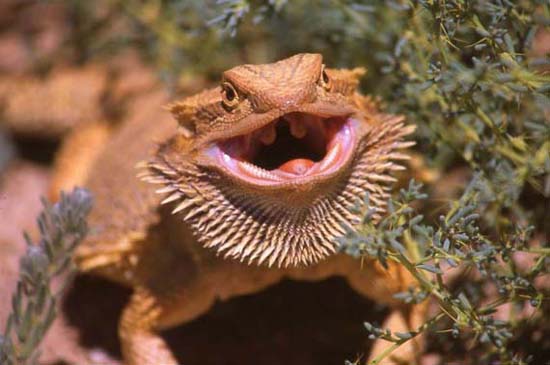Why is My Bearded Dragon Bobbing His Head? Understanding Your Pet's Behavior
Introduction
Bearded dragons are fascinating creatures that have become popular pets over the years. They are known for their docile behavior and unique characteristics. One of the behaviors that bearded dragon owners may observe is head bobbing. Head bobbing is a common behavior in bearded dragons that can signify a number of things. In this blog post, we will discuss the reasons why your bearded dragon may be bobbing his head.
Reasons Why Bearded Dragons Bob Their Heads
1. Breeding Season
One of the most common reasons why your bearded dragon may be bobbing his head is because it is breeding season. This behavior is especially common in male bearded dragons. During breeding season, male bearded dragons may bob their head to show dominance or to attract a mate.

2. Territory Claiming
Another reason why your bearded dragon may be bobbing his head is to claim territory. Bearded dragons are territorial animals and may bob their head to defend their space. They may also bob their head to intimidate other animals, including humans.
3. Health Issues
In some cases, head bobbing may be a sign of health issues. This is especially true if the behavior is accompanied by other symptoms, such as lethargy, loss of appetite, or vomiting. If you notice any of these symptoms, it is important to take your bearded dragon to a veterinarian for evaluation.

How to Respond to Head Bobbing
If your bearded dragon is bobbing his head, it is important to respond appropriately. Here are some tips:
1. Observe Your Bearded Dragon’s Behavior
The first step in responding to head bobbing is to observe your bearded dragon’s behavior. Look for any other symptoms or changes in behavior that may indicate a health issue. If your bearded dragon seems healthy and the behavior is not excessive, it may be a normal part of their behavior.
2. Avoid Aggravating Your Bearded Dragon
If your bearded dragon is bobbing his head as a sign of aggression or territorial behavior, it is important to avoid aggravating him. Do not try to pick him up or invade his space.
3. Get Professional Help
If you notice any other symptoms or changes in behavior, it may be best to consult a veterinarian. They can help diagnose any health issues and provide appropriate treatment.

Conclusion
Bearded dragons are unique and fascinating pets that require proper care and attention. If you observe your bearded dragon bobbing his head, don’t panic. It may be a normal behavior or a sign of a health issue. By observing your pet’s behavior and responding appropriately, you can help ensure that your bearded dragon remains healthy and happy.
